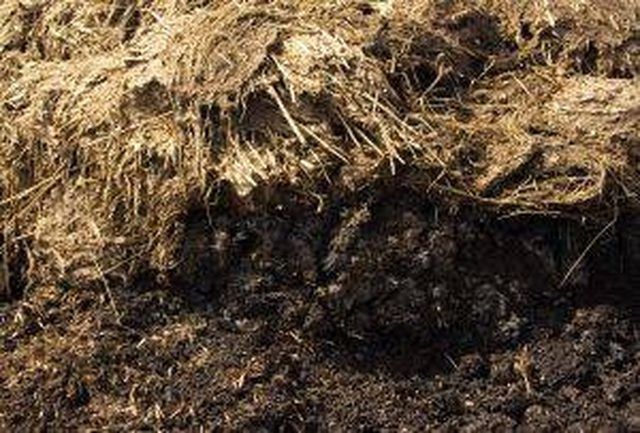Bulbs
Flower Basics
Flower Beds & Specialty Gardens
Flower Garden
Garden Furniture
Garden Gnomes
Garden Seeds
Garden Sheds
Garden Statues
Garden Tools & Supplies
Gardening Basics
Green & Organic
Groundcovers & Vines
Growing Annuals
Growing Basil
Growing Beans
Growing Berries
Growing Blueberries
Growing Cactus
Growing Corn
Growing Cotton
Growing Edibles
Growing Flowers
Growing Garlic
Growing Grapes
Growing Grass
Growing Herbs
Growing Jasmine
Growing Mint
Growing Mushrooms
Orchids
Growing Peanuts
Growing Perennials
Growing Plants
Growing Rosemary
Growing Roses
Growing Strawberries
Growing Sunflowers
Growing Thyme
Growing Tomatoes
Growing Tulips
Growing Vegetables
Herb Basics
Herb Garden
Indoor Growing
Landscaping Basics
Landscaping Patios
Landscaping Plants
Landscaping Shrubs
Landscaping Trees
Landscaping Walks & Pathways
Lawn Basics
Lawn Maintenance
Lawn Mowers
Lawn Ornaments
Lawn Planting
Lawn Tools
Outdoor Growing
Overall Landscape Planning
Pests, Weeds & Problems
Plant Basics
Rock Garden
Rose Garden
Shrubs
Soil
Specialty Gardens
Trees
Vegetable Garden
Yard Maintenance
How to Make Compost Activators
How to Make Compost Activators. Although manufacturers of compost activators and those who sell their products would like you to believe you need to buy their activator for your compost to work, this simply isn't true. Organic material will compost whether you add activator or not. Of course, activators may speed the process, but there are other...

Although manufacturers of compost activators and those who sell their products would like you to believe you need to buy their activator for your compost to work, this simply isn't true. Organic material will compost whether you add activator or not. Of course, activators may speed the process, but there are other natural materials you can use that work just as well and are absolutely free. So before you spend your money on a commercial product, take the time to look around for natural items you can use.
Things You'll Need
Manure
Garden soil
Fresh compost
Begin with a compost pile or bin with ample amounts of both wet and dry materials. As a general rule, the ratio of dry to wet should be 3 to 1. Experts disagree on an exact ratio. The best judge is your own compost bin. If the contents are too wet and begin to smell, add more dry material. If it is too dry and fails to compost, more green material is needed. Layer material so you have alternating layers of wet and dry material.
Use manure as a natural activator. Not only will it speed the decomposition process, it will add nutrients as well. Use care to add plenty of dry ingredients like leaves, dried twigs and shredded wood to keep the pile active and prevent the pile from becoming too wet.
Sprinkle ordinary garden soil between layers of your pile. Healthy soil is teeming with microbes needed for your compost to break down into soil. Take advantage of its natural ability to activate your compost pile.
Activate the new compost pile with fresh compost. This makes an excellent starter, much like yeast starter is used to activate the growth of new yeast.